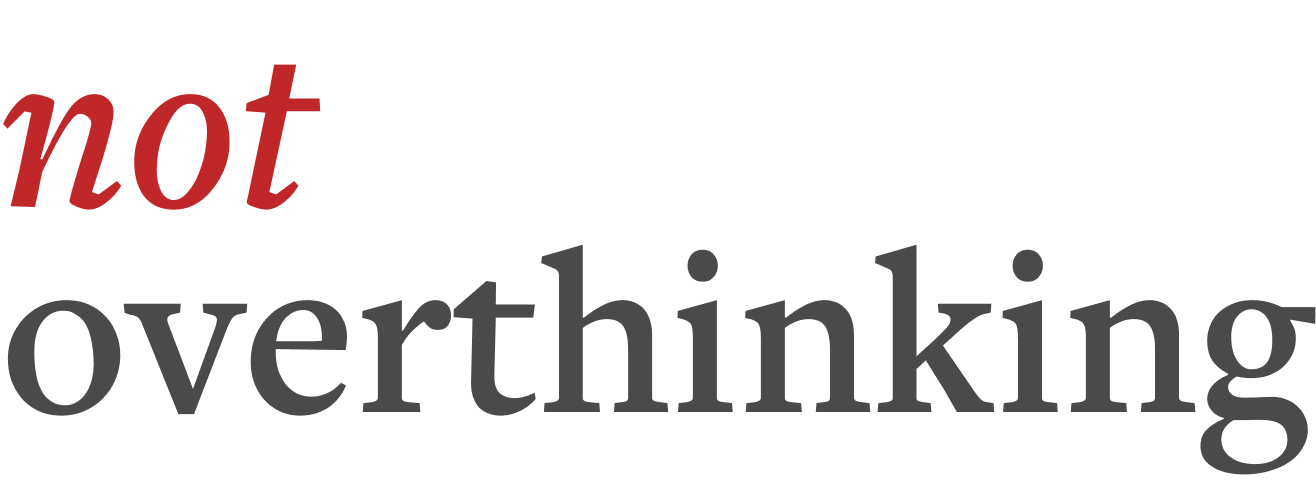Why should you invest in a good kitchen bin?
Some of the highlights from our discussion:
Different things in our lives contribute value in different ways. Some things give us a short burst of high value (high "magnitude", low "measure") — e.g. going out for a nice meal. Others give us less value, but which recurs over time (low "magnitude", high "measure") — e.g. having comfortable trainers.
When we think about how to spend our time and money, we have a bias towards evaluating things according to their "magnitude". We have a bias towards spending money and time on events that have a high magnitude of value but don’t last very long. The things that add up to a lot more value over time are those that aren’t particularly exciting but provide a small amount of value over a long period of time.
In the long-run, it's the things that provide recurring value — the things that are "high measure" — that are most valuable. This is why spending a lot of money on a kitchen bin is counter-intuitively worthwhile. Bin is a high measure item – it never gives you any massive amount of value each time you use it but the fact that you are perhaps using it 5/10 times per day for a decade means that it’s value is intrinsically greater than it first appears.
Spend money in areas of life that you are spending your time. We discuss why we should always invest good money in a pair of shoes, or a bed or glasses – things that we rely upon.
Measure theory is good as a way of counteracting pre-existing bias towards valuing magnitude rather than considering measure. Given that we know we have that bias, we should consider measure theory as a mental model to help us make better decisions and evaluate the ‘value’ of things more holistically.
We should consider less conventional ‘measurable’ actions with this framework too. Relationships, how we communicate, social skills are all high measure processes. Taimur raises the idea of measure for mental and physical health – investing in our health is often a low magnitude but very high measure decision.
Become a Not Overthinker
We've got a fun little members-only community where we have a private Slack channel, and host weekly (ish) Zoom hangouts. Click here if you fancy joining.
Leave us a Review
If you enjoy listening to the podcast, we'd love for you to leave us a review on iTunes / Apple Podcasts. Here's a link that works even if you're not on an iPhone :)
Send us an Audio Message
We really want to include more listener comments and questions in our episodes. If you've got any thoughts on this episode, or if you've got a conundrum or question you'd like us to discuss, send an audio file / voice note to [email protected].
- For any non-audio comments, please comment on our YouTube channel.
- Alternatively, feel free to drop us a tweet or DM on Twitter - https://twitter.com/noverthinking.



